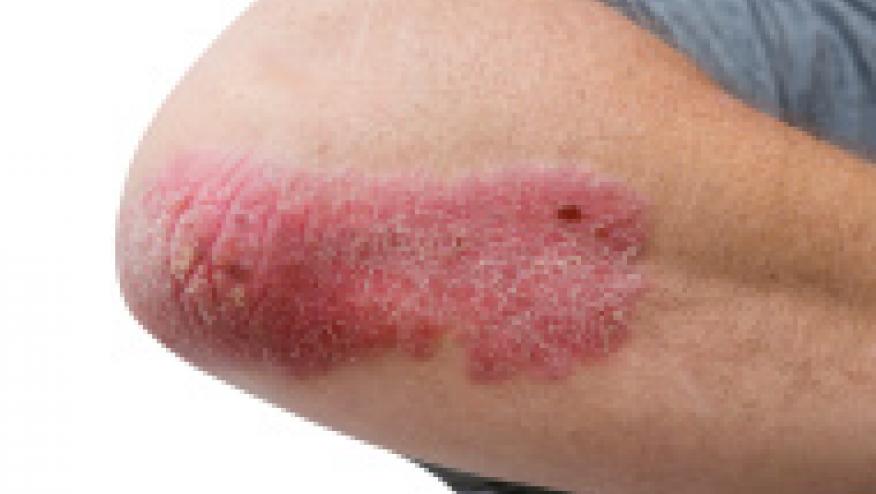PALACE 3 Study: Apremilast Shows 52 Wk. Efficacy in Active Psoriatic Arthritis Save

Apremilast, a novel phosphodiesterase 4 (PDE4) inhibiting conversion of cyclic AMP to AMP, was approved for treatment of psoriatic arthritis (PsA) after showing its efficacy in 16 weeks PALACE 1, 2, and 3 trials in 2014.
This report describes the results of the first 52 weeks of PALACE 3, a randomized, controlled, phase 3 trial that included 505 PsA patients with psoriatic skin involvement. All patients in the study met the Classification Criteria for Psoriatic Arthritis (CASPAR) and had ≥three swollen and ≥three tender joints. Prior treatment with conventional DMARDs and/or biologics was mandatory. Patients were also required to have active skin disease with ≥one plaque psoriasis skin lesion >2 cm in size.
At week 16, ACR 20 responses were superior to placebo (18%) in those receiving 20 mg bid (28%, p=0.0295) or 30 mg bid (41%, p<0.0001). This effect was sustained at week 52, with 56% of patients receiving apremilast 20 mg and 63% receiving apremilast 30 mg achieving an ACR20 response.
Despite low entry PASI scores (< 8), PASI-75 responses were significantly better in apremilast 20 mg and 30 mg patients versus placebo (placebo: 8%; 30 mg: 21%, p=0.0098; 20 mg: 20%, p=0.0215 at week 16). PASI50 (49% and 55%) were seen in apremilast 20mg and 30 mg groups respectively and at week 52 the PASI75 was 29% and 39%, respectively.
Enthesitis score (MASES) did not reach statistical significance with mean changes of −0.9 for apremilast 20 mg, −1.1 for apremilast 30 mg and −0.7 for placebo at week 24.
In terms of safety, no new safety signals were reported. Main side effects were diarrhoea, nausea, headache and upper respiratory tract infection. All side effects were mild or moderate in severity.
Study concluded that apremilast shows significant and sustained efficacy in following PsA domains: ACR20 response, changes in HAQ-DI, mean and mean per cent change in TJC, mean change in SJC, dactylitis count, and DAS-28 (CRP), achievement of DAS-28 (CRP) <2.6, physician's and patient's global assessments of disease activity, and skin involvement.










If you are a health practitioner, you may Login/Register to comment.
Due to the nature of these comment forums, only health practitioners are allowed to comment at this time.